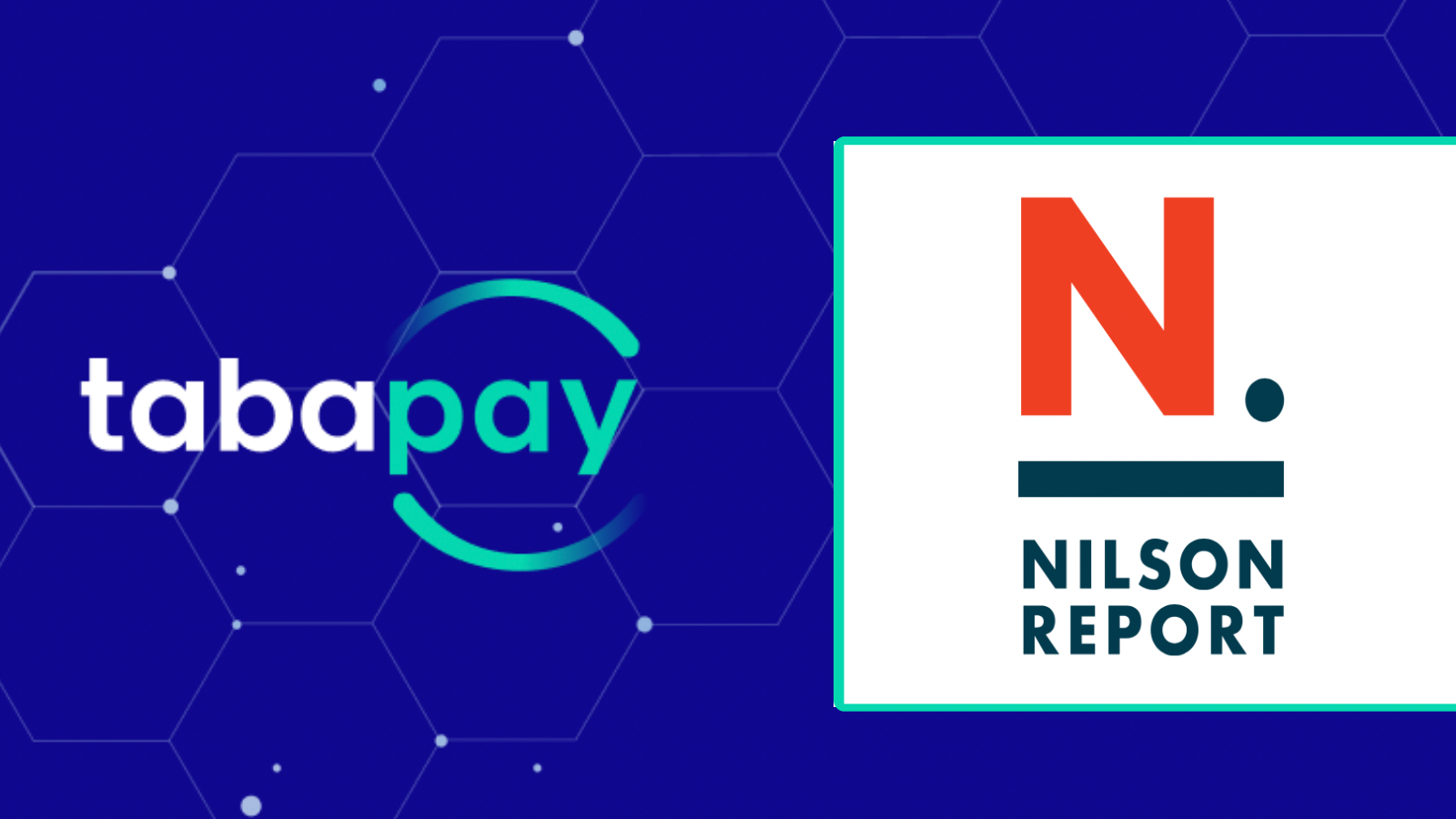Mitigating Risk and Enabling Use Cases: Acquirers with Multiple Bank Relationships
If a business accepts any type of payment, it needs an acquiring bank to make those payments happen. The banking industry has experienced some challenges lately, so fintechs and other businesses should consider steps to mitigate the risk of another SVB by adding an additional banking partner. Having an array of banking relationships can also enable a fintech to provide a wider variety of services and capabilities.
What Acquiring Banks Do
An acquiring bank is a financial institution that processes credit and debit card payments on behalf of merchants and fintechs. The acquiring bank settles funds between the merchant and the issuing bank, which is the bank that issued the customer’s credit or debit card. When a customer initiates a card payment, the acquiring bank (or an acquirer processor) sends a request for payment authorization to the customer’s bank via the relevant card network. Once the payment is authorized, the acquiring bank obtains (“acquires”) the funds from the cardholder’s issuing bank and deposits them into the merchant’s bank account. If the payment is not authorized, the acquirer learns why and communicates the reason to the merchant. There are many different models for acquirers but for this post, we will use the model where acquiring banks move funds and acquirer processors provide the technology and messages for transactions.
Why We Need Acquiring Banks
To send or receive card payments, businesses need to have a merchant account, which must be procured through an acquiring bank. A merchant account is a virtual account that is assigned a unique number and linked to a physical bank account.
Essentially, acquiring banks underwrite merchant accounts, and businesses pay fees for their services. They also underwrite merchants to assess their creditworthiness and risk of fraud. This involves reviewing the merchant’s business plan, financial statements, and other information commonly known as a bank review. Acquirer processors not only relay payment information but also make payments more secure by using up-to-date security systems and technology and by following the stringent guidelines set out by the Payment Card Industry Data Security Standard (PCI DSS). If a transaction is compromised by fraud or a data breach, the acquiring bank assumes responsibility for that transaction.
Acquirer Processors with Multiple Banking Relationships
An acquiring bank is often a traditional bank that contracts with an acquirer processor like TabaPay. The acquirer processor, which may also be referred to as an “acquirer,” is typically connected to both the acquiring and issuing banks via networks and is familiar with applicable regulations and requirements. Acquirers must be licensed to transmit card payments and thus must undergo a complex regulatory and compliance process (PCI and SOC).
Many acquirer-processors have relationships with more than one bank so merchants can easily accept and conduct a wide range of payments—whether cross-border or domestic, push or pull, or real-time transactions. If a merchant’s bank isn’t comfortable with a specific use case, another of the acquirer’s partner banks likely can. Some risk-averse banks might not want to underwrite fantasy sports, for example, but banks with a different risk profile might eagerly embrace that fintech. Alternatively, businesses wanting to process an instant payment to an account can use a bank enabled for RTP.
Processors like TabaPay—which has direct access to 14 networks and 15 banking partners—allow fintechs and other businesses to make and receive payments for a variety of use cases, such as early wage access, account funding, bill payments, and loan funding.
A Buffer Between Banks and Businesses
Having an acquirer with multiple banking relationships ensures that fintechs and other businesses get the payment services they need when they need them. Even more important, acquirers with multiple banking relationships can mitigate risks arising from instability in the banking industry. As recent events like the collapse of Silicon Valley Bank and Signature Bank demonstrate, even trusted institutions like banks can fail or run into issues with regulators. Having an acquirer with multiple banking relationships can dilute the risk because if one bank has issues, others are available to step in and transmit payments.
Businesses should take steps to assess current risks and ensure continuity of service in the event of another collapse. Multiple banking partners can ensure that your transactions continue to process if one bank experiences issues, allowing you to quickly adapt and minimize the impact on your business. Working with multiple banks can diversify potential losses and safeguard deposits.
Value-Add for Fintechs
Given the recent volatility in banking, regulators may subject financial institutions and their fintech partnerships to even closer scrutiny. For a fintech, partnering with a bank already involves a complex web of compliance measures and reviews; these procedures could become even more complicated in the wake of recent events.
An acquirer with more than one established banking relationship can mitigate the risks of the relationship between the fintech and banks, allowing the fintech to focus on its core competencies and capabilities—while the acquirer can focus on the intricacies of payments. An acquirer with multiple banking relationships can also provide benefits such as a single tech integration with uniform reconciliation, settlement, and reporting resulting in simplified treasury operations.
If you are interested in learning more or adding another banking partner, please contact us.






